Connect with us
Published
2 years agoon
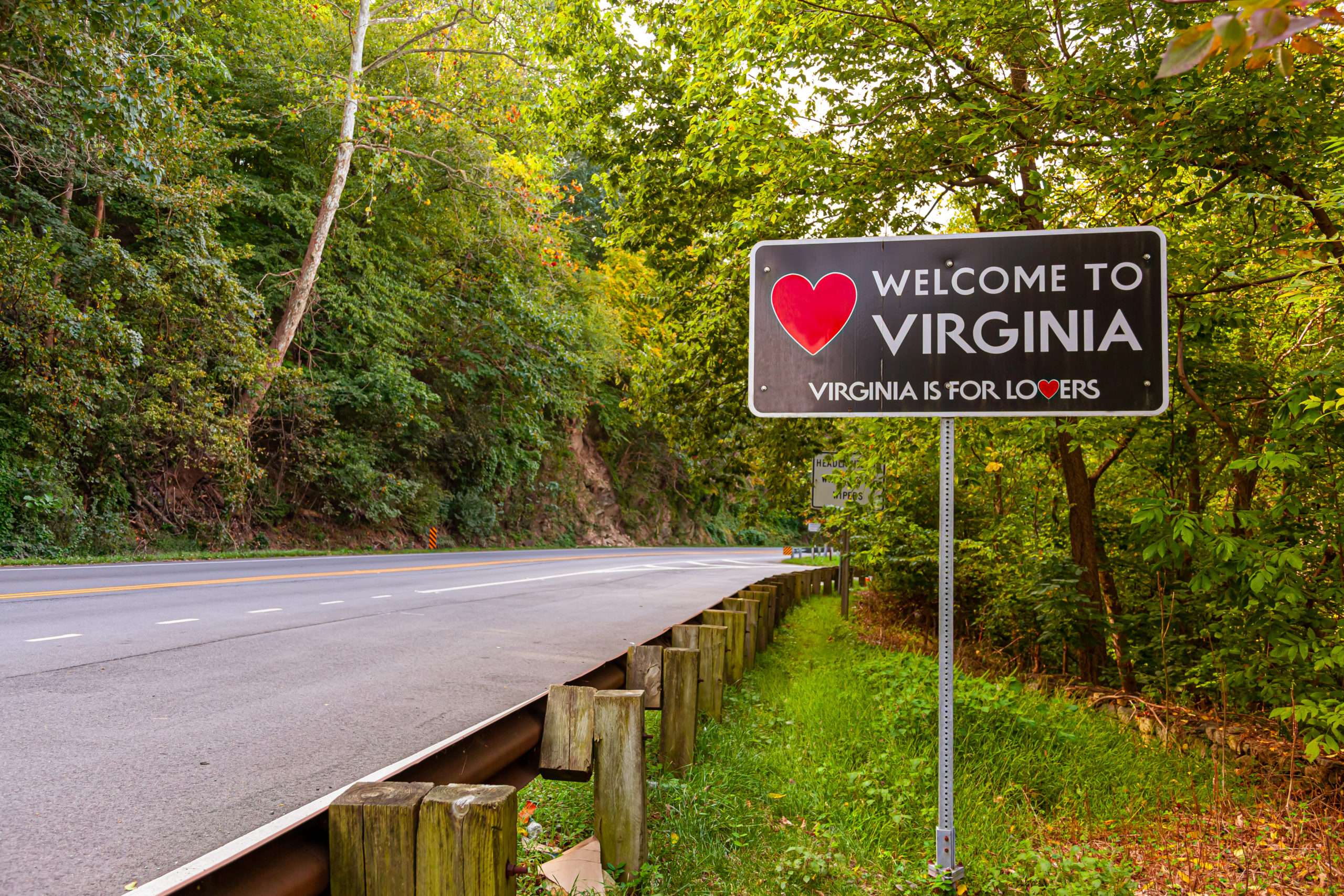
It’s been more than a year since the Virginia State General assembly passed legislation to fully legalize cannabis in the state. Part of the intention for this reform was to lessen racial disparities in cannabis law enforcement; however, according to a new Washington Post analysis, Virginia police are still more likely to arrest Black people than white people for cannabis-related offenses.
The reforms first took effect July 1, 2021, with Virginia becoming the first Southern state to make the leap. Since then, cannabis arrests overall have dropped. The contrast is even more stark when looking at the years prior: In 2019, there were more than 26,000 cannabis-related arrests in Virginia; by 2020, that figure dropped to about 13,000 and fell once again in 2021 to just over 2,00, including the six months following adult-use reforms in the state.
The analysis found that cannabis-related citations had also dropped by about 90% in Virginia since 2019.
Black people account for about 20% of the state population, but Black adults accounted for nearly 60% of cannabis-related arrests before the state general district and circuit courts, according to an analysis of cannabis-related code citations in the state’s court system.
Virginia law allows individuals over the age of 21 to possess up to an ounce of cannabis in public and cultivate up to four plants at home, though sales remain illegal under state law to allow the legislature to establish a legal framework. As a result, distribution charges have made up a bulk of recent cannabis arrests. Possession of more than an ounce was a civil penalty with a $25 fine during the first year of legalization, though after he was elected, Republican Governor Glenn Youngkin proposed and signed a new bill into law that creates misdemeanor charges for possession of four ounces or more.
The Post compiled data through a list, provided by the Supreme Court of Virginia’s Office of the Executive Secretary as a response to a Virginia Freedom of Information Act request. The list featured more than 1,700 cannabis-related code citations between July 1, 2021 and June 2022.
The analysis notes that Chesterfield County General District Court had the second-highest number of arrests in Virginia, behind Virginia Beach General District Court. Black defendants comprised 71% of the court’s 110 cannabis-related cases in the period after legalization. Black defendants also made up just over 30% of the 108 cannabis-related cases in that same period in the state’s most populous county, Fairfax.
Racial equity often drives calls for reform, the report notes, referencing President Biden’s recent announcement that he would grant mass pardons for anyone convicted of federal simple possession charges, a first step to correct the misgivings of the War on Drugs and disproportionate criminalization of people of color. However, cannabis and criminal justice experts argue that these disparities may be harder to break free from, given a number of broader, unchanged policing trends.
Jon Gettman, associate professor of criminology and criminal justice at Shenandoah University, argued that, while cannabis policy may be shifting, policing practices have remained stagnant—”The laws they have to enforce have changed, but the practices haven’t,” Gettman told the Post.
Additionally, Gettman said these practices often relate to the structural organization of police operations, where they are deployed and where officers are more concentrated. Namely, because of increased crime or additional needs for those services, these areas tend to have more minorities, Gettman said.
It’s not an issue unique to Virginia, either. The findings are similar to results seen in other states and the District of Columbia. As lawmakers continue to tout social equity and the need for cannabis reform for communities of color especially, gaps are still pervasive. White entrepreneurs continue to comprise the majority of the legal market, while data shows that, nationwide, Black people still comprise a bulk of cannabis-related arrests.
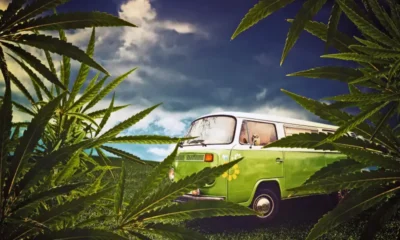

No Increase in DUI Among Young Adults After Pot Legalization in Washington
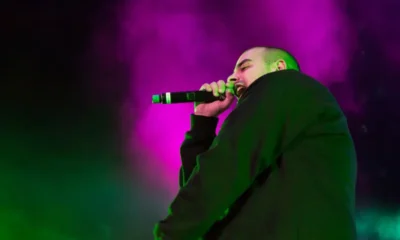

Berner To Join Cast of The Freak Brothers
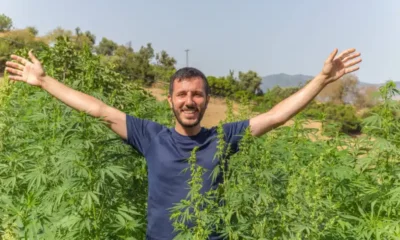

Moroccan Farmers Urging Government To Legalize Cannabis
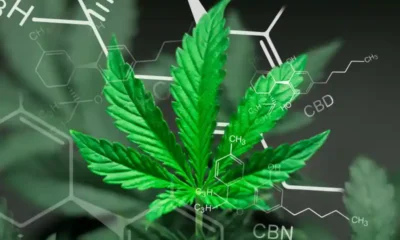

Study: Researchers Present Benefits of Entourage Effect
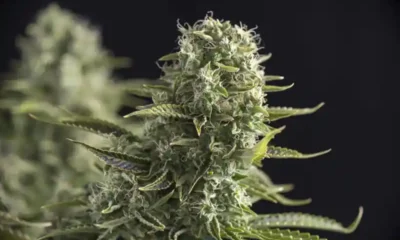

Anti-Pot Org Claims DEA Administrator Was Not Included in Rescheduling Decision
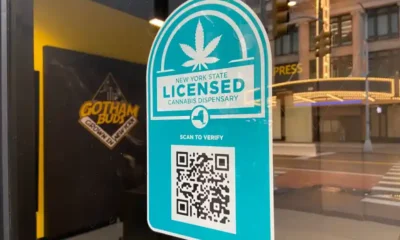

Some NY Lawmakers Say Illicit Pot Shops Must Close Before Adding Licensed Shops
